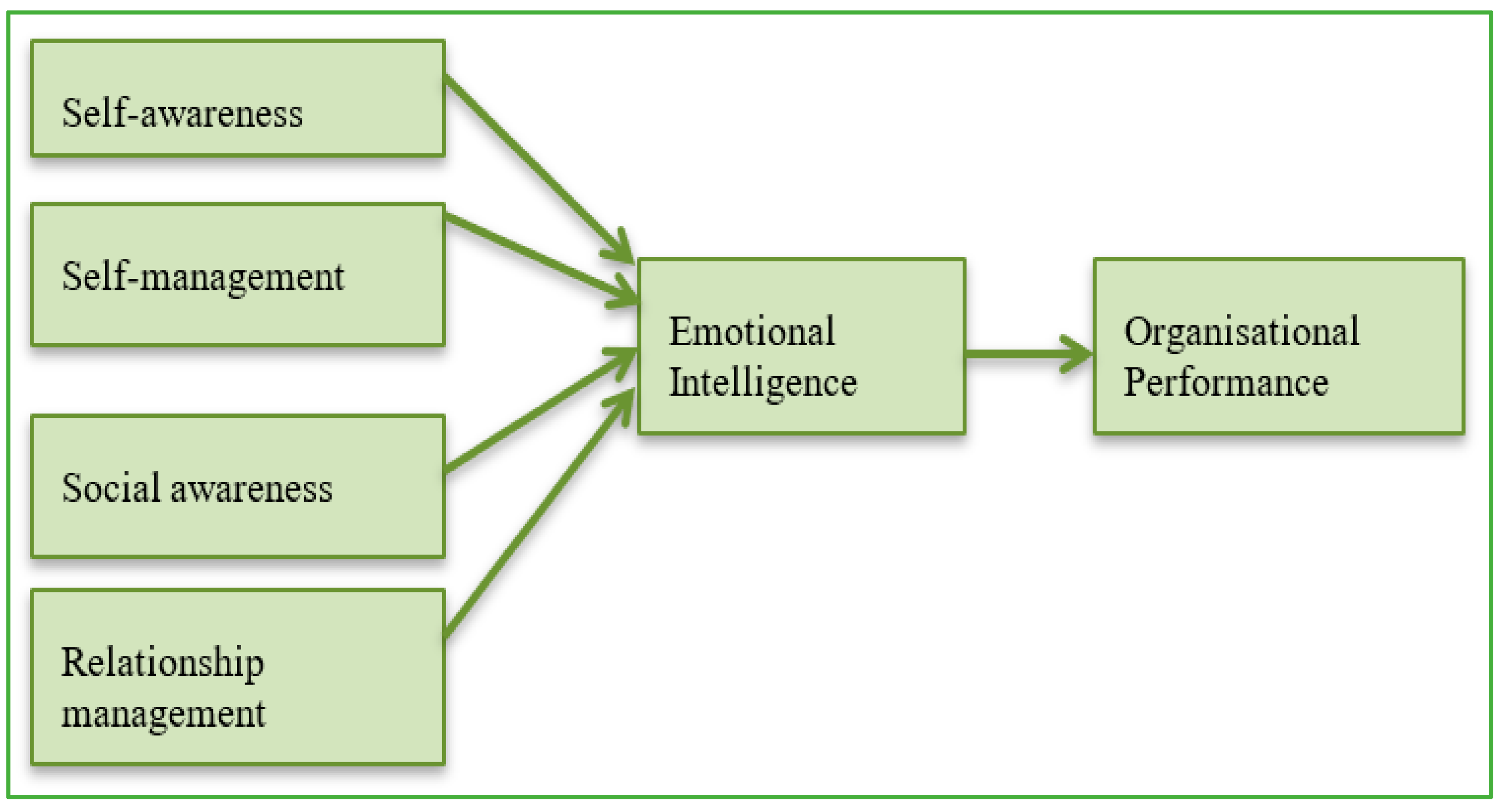Relationships are a fundamental part of our lives. Whether it’s with family, friends, colleagues, or partners, the quality of our relationships can have a profound impact on our well-being and happiness. At the heart of successful relationships lies a powerful tool – emotional intelligence.
Understanding Emotional Intelligence
Emotional intelligence refers to the ability to recognize and manage our emotions and those of others. It involves being aware of our own feelings, empathizing with others, and effectively communicating our emotions.

In relationship communication, emotional intelligence plays a vital role in fostering understanding, resolving conflicts, and building strong connections. Let’s explore some key ways in which emotional intelligence can enhance our relationships.
1. Enhancing Empathy

Empathy is the ability to understand and share the feelings of another person. It forms the foundation of meaningful connections in any relationship. Emotional intelligence helps us develop empathy by enabling us to put ourselves in the shoes of others and truly comprehend their emotions.
By actively listening, observing body language, and considering the context, we can gain insight into the feelings and perspectives of those around us. This understanding allows us to respond with empathy and support, strengthening our relationships.
2. Effective Conflict Resolution

Conflicts are a natural part of any relationship. However, how we handle conflicts can make a significant difference in the health of our relationships. Emotional intelligence equips us with the skills to manage conflicts constructively.
By recognizing and managing our own emotions, we can avoid reacting impulsively or aggressively during conflicts. Additionally, emotional intelligence allows us to understand the emotions underlying the conflict and communicate with empathy and understanding. This facilitates open dialogue, problem-solving, and ultimately, resolution and growth within the relationship.
3. Building Trust and Communication

Trust and effective communication are the pillars of strong relationships. Emotional intelligence plays a crucial role in both. When we are emotionally intelligent, we can develop trusting relationships by being authentic, reliable, and transparent.
Furthermore, emotional intelligence enhances our communication skills. It helps us express our thoughts, feelings, and needs clearly and assertively while considering the emotions of others. This leads to better understanding, reduced misunderstandings, and stronger connections.
4. Managing Stress and Emotional Well-being
Stress is an inevitable part of life, and it can take a toll on our relationships. Emotional intelligence enables us to manage stress effectively, protecting our relationships from its harmful effects.
By understanding our own emotions and recognizing stress triggers, we can develop healthy coping mechanisms. This allows us to respond to stress in a calm and composed manner, preventing it from negatively impacting our relationships.
Additionally, emotional intelligence helps us support our loved ones during stressful times. By offering empathy, active listening, and understanding, we can be a source of strength and comfort, fostering resilience in our relationships.
Tips for Developing Emotional Intelligence in Relationship Communication:
Developing emotional intelligence is an ongoing journey, and here are some tips to enhance it in your relationship communication:
- Practice active listening: Pay attention to both verbal and non-verbal cues, and make an effort to understand the emotions being expressed.
- Be empathetic: Put yourself in the other person’s shoes and strive to understand their perspective.
- Manage your own emotions: Take a moment to reflect on your emotions before reacting, and find healthy ways to express them.
- Communicate assertively: Clearly express your thoughts, feelings, and needs while considering the emotions of others.
- Seek feedback: Ask for honest feedback from your loved ones about how you can improve your emotional intelligence in your communication.
Frequently Asked Questions:
Q: Can emotional intelligence be learned?
A: Yes, emotional intelligence can be developed and strengthened through self-awareness, practice, and learning from experiences.
Q: How can emotional intelligence help in conflict resolution?
A: Emotional intelligence helps individuals understand their own emotions and the emotions of others involved in the conflict. This understanding enables effective communication, empathy, and problem-solving, leading to resolution and growth.
Q: What are some signs of low emotional intelligence in relationship communication?
A: Signs of low emotional intelligence in relationship communication may include difficulty expressing emotions, lack of empathy, frequent misunderstandings, and inability to manage conflicts constructively.
Q: Can emotional intelligence improve relationships?
A: Absolutely! By developing emotional intelligence, individuals can enhance their understanding, empathy, and communication skills, leading to stronger and more fulfilling relationships.
Emotional intelligence is a powerful tool that can transform our relationships. By developing these skills, we can create connections based on empathy, understanding, and effective communication. Remember, enhancing emotional intelligence is an ongoing process that requires self-reflection, practice, and a genuine desire to strengthen our relationships. Let’s start this journey today and nurture our relationships with the power of emotional intelligence.

I enjoy reading, writing, traveling, and learning new languages. I am also interested in learning about different cultures.